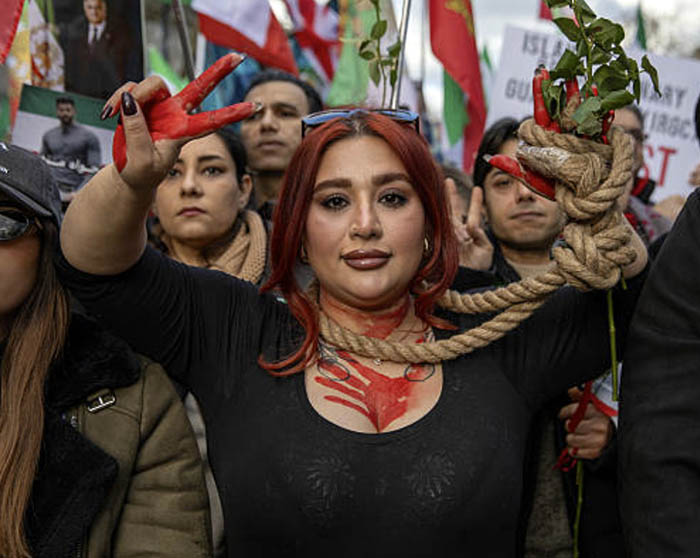From Bitter Coffee to Re-Cooperation: Unpacking the Mehran Modiri and Sahar Zakaria Feud and Unexpected Reunion
Anger at the Manager (Modiri): A Breach of Trust
Zakaria’s frustration wasn’t solely directed at the producers. She felt that Mehran Modiri, as the director and the central figure around whom the team had gathered, held a responsibility to ensure the cast and crew were paid. Her direct confrontation with Modiri about the unpaid wages was met with what she perceived as indifference. Modiri’s alleged response, “Leave it, they didn’t give me my money either,” was particularly galling to Zakaria.
She argued that the team had joined the project “because of Mehran Manager,” implying a trust in his leadership and commitment to their well-being. Zakaria directly challenged the notion that her criticism stemmed from a lack of subsequent roles, asserting that her outspokenness was a result of Modiri’s “changed mind.” She highlighted the perceived hypocrisy of Modiri claiming to think of ordinary people while seemingly neglecting the team that had worked alongside him for years.
Further Disagreements: “My Villa” and “I Was Joking”
The “Bitter Coffee” dispute wasn’t an isolated incident. The strained relationship between Modiri and Zakaria continued with subsequent projects. Zakaria revealed that she was not informed about the production of “My Villa,” another series directed by Modiri. While she expressed gratitude for not being involved, deeming it “one of Mr. Director’s weakest works,” she questioned the motivation behind its creation – to “give the children’s money” from “Bitter Coffee.” This further fueled her resentment, as she too was owed money.
The tension seemingly eased temporarily after the death of Zakaria’s cousin, when Modiri offered his condolences and invited her to participate in “I Was Joking.” However, even this collaboration was marked by dissatisfaction, as Zakaria claimed to have received a “very low salary” for her work on the project.
The Unexpected Reunion: A Pragmatic or Personal Decision?
The decision for Sahar Zakaria to return to working with Mehran Modiri in “Six Months” is the most intriguing aspect of this “twisted story.” Given the history of conflict and public criticism, this move suggests a significant shift in dynamics. As previously discussed, the reasons are likely multifaceted.
From a pragmatic standpoint, working with Modiri on a new series offers Sahar Zakaria a prominent role and renewed visibility in the industry. After a period where she felt her career was impacted by their feud, this could be a strategic move to regain momentum. For Modiri, bringing back a familiar and talented actress who has a history of successful collaboration with him could be beneficial for the series, potentially tapping into nostalgia for their earlier work.
However, the possibility of a genuine personal reconciliation cannot be entirely dismissed. Perhaps conversations have taken place behind the scenes that have addressed past grievances and allowed for a path forward. In the complex world of relationships, even the most strained connections can sometimes find a way to mend, or at least find a professional equilibrium.
The nature of their interaction on the set of “Six Months” will be telling. Will there be lingering tension, or will they be able to maintain a professional working relationship? The public will be watching closely to see how this unexpected reunion plays out both on and off-screen.
Placing Their Story in Context: The Iranian Entertainment Industry
The story of Mehran Modiri and Sahar Zakaria is not an isolated incident but is illustrative of broader trends and challenges within the Iranian entertainment industry. Issues such as financial instability in productions, the power of prominent figures, the impact of public opinion and social media, and the complexities of professional relationships are all reflected in their narrative.
The “Bitter Coffee” financial problems are a reminder of the economic realities that can impact even successful productions. The controversies surrounding “Darhasheyeh” highlight the external pressures and censorship that can affect creative work in Iran. Sahar Zakaria’s experience with boycotts underscores the interconnectedness and potential insularity of the industry.
Their story also speaks to the evolving nature of celebrity and public image in the age of social media. Public criticism and online disputes can quickly escalate and have a significant impact on careers and reputations.





